
Recently, the Intensive Care Department, Central Endocrinology Hospital received male patient VHH, 25 years old, from Hai Duong (old), self-employed, admitted to the hospital in a state of extreme fatigue, drowsiness, nausea, and vomiting.
The patient had a history of type 1 diabetes diagnosed 3 years ago, treated with insulin Mix 16-16 but did not comply regularly. One week before admission, the patient began to experience fatigue, poor appetite, left hypochondriac abdominal pain, then decreased consciousness, slow response, nausea and vomiting. The patient received first aid at the Thanh Mien District Medical Center, Hai Duong (old) where high blood sugar was detected and was transferred to the Central Endocrinology Hospital.
At the time of admission, the patient was thin, with a body mass index (BMI) of 15.6, obvious signs of infection and dehydration, and a Glasgow Coma Scale of 14. Clinical examination showed no edema, no enlarged thyroid, no peripheral lymph nodes, regular heart rate of 93 beats/minute, blood pressure of 110/70mmHg, good lung ventilation, soft abdomen, no distension, and tenderness in the epigastric region and around the navel. Neurological signs such as stiff neck and negative meningitis syndrome were noted.
Paraclinical examination showed a sinus rhythm of 93 beats/minute on electrocardiogram, chest and abdominal X-rays showed no abnormalities, and abdominal ultrasound showed bilateral renal deposits. The patient was diagnosed with type 1 diabetic ketoacidosis on the basis of physical exhaustion, and signs of gastrointestinal and urinary tract infections.
Treatment includes fluid replacement with 0.9% NaCl and 5% Glucose, electrolyte replacement according to test results, blood sugar control with Actrapid insulin adjusted according to capillary blood sugar, combined antibiotic use of Meropenem and Ciprofloxacin adjusted according to glomerular filtration rate, along with antiemetics, gastric protection and systemic symptomatic treatment.
Doctor Hoang My Le Dung, Department of Intensive Care, said that after the treatment, the patient was completely alert, Glasgow score 15, no fever, no signs of dehydration, stable heart and lungs, soft abdomen, no more vomiting or nausea. The patient was further consulted on blood sugar control to prevent recurrence of ketoacidosis, and a specialized nutritional regimen was developed for type 1 diabetic patients in a state of exhaustion.
Dr. Dung warns: “If type 1 diabetes patients do not comply with insulin treatment, they are likely to fall into ketoacidosis – a dangerous acute complication. Early detection, timely treatment and education on self-management skills play a vital role.”
The case illustrates that poor glycemic control in patients with type 1 diabetes can lead to serious complications, requiring close monitoring, timely treatment, and the development of a comprehensive, individualized care plan to improve the patient's quality of life.
According to doctors, ketoacidosis is the accumulation of acid in the patient's blood. It occurs when blood sugar levels are too high and last for too long. The disease is common in people with type 1 diabetes and less common in people with type 2 diabetes.
Ketoacidosis can cause serious complications that can be life-threatening. Ketoacidosis can be treated and prevented with good blood sugar control.
Source: https://nhandan.vn/benh-nhan-tieu-duong-type-1-nhap-vien-vi-khong-tuan-thu-dieu-tri-insulin-post891693.html



![[Photo] Politburo works with the Standing Committee of Cao Bang Provincial Party Committee and Hue City Party Committee](https://vphoto.vietnam.vn/thumb/1200x675/vietnam/resource/IMAGE/2025/8/28/fee8a847b1ff45188749eb0299c512b2)
![[Photo] General Secretary To Lam attends the opening ceremony of the National Achievements Exhibition](https://vphoto.vietnam.vn/thumb/1200x675/vietnam/resource/IMAGE/2025/8/28/d371751d37634474bb3d91c6f701be7f)


![[Photo] National Assembly Chairman Tran Thanh Man holds talks with New Zealand Parliament Chairman](https://vphoto.vietnam.vn/thumb/1200x675/vietnam/resource/IMAGE/2025/8/28/c90fcbe09a1d4a028b7623ae366b741d)

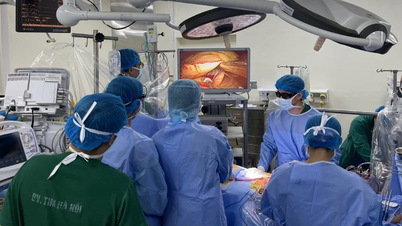




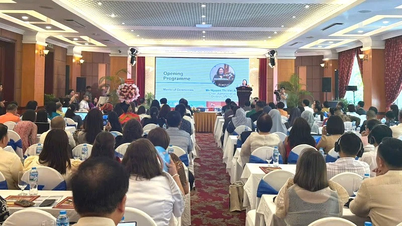


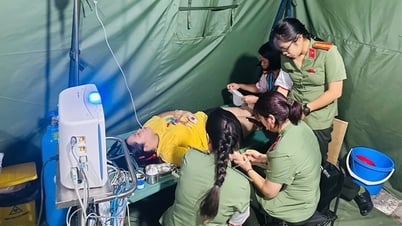





![[Photo] Red flag with yellow star flutters in France on National Day September 2](https://vphoto.vietnam.vn/thumb/402x226/vietnam/resource/IMAGE/2025/8/28/f6fc12215220488bb859230b86b9cc12)
![[Photo] Politburo works with the Standing Committee of Cao Bang Provincial Party Committee and Hue City Party Committee](https://vphoto.vietnam.vn/thumb/402x226/vietnam/resource/IMAGE/2025/8/28/fee8a847b1ff45188749eb0299c512b2)


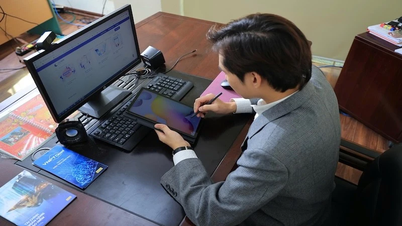
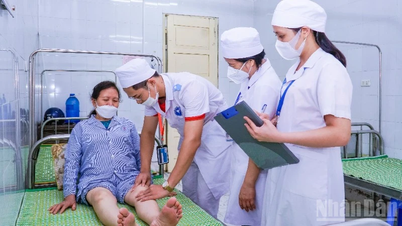



































































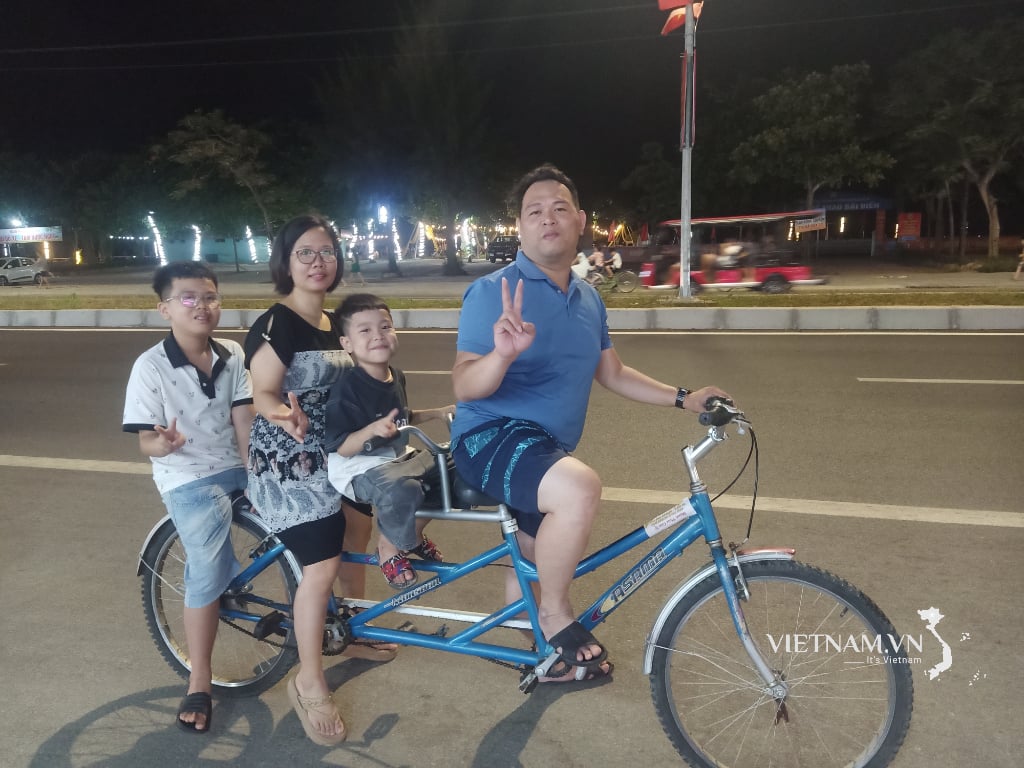
Comment (0)